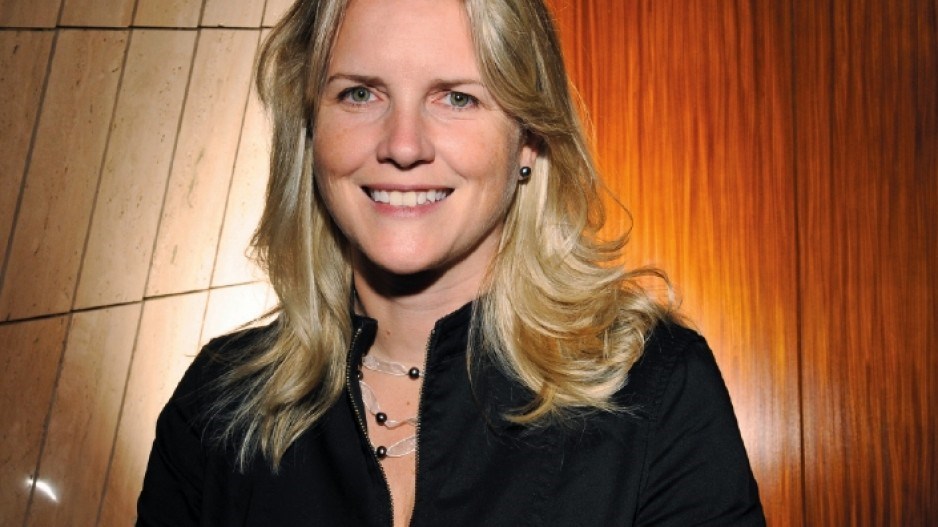Canadian investment managers are becoming increasingly bullish about U.S. economic prospects, despite the uncertainty stemming from the results of the U.S. presidential election next month.
Tony Genua, senior vice-president and portfolio manager at AGF Investments, said the U.S. government will deal with the $750 billion in tax and spending measures that are on the line soon after the November election.
"Whether Obama stays in power or they get Romney elected, I think they're going to wait until the last minute to do something," he told Business in Vancouver during a recent visit to Vancouver. "But I think they will come to a solution that will represent a compromise."
Christine Hughes, president of OtterWood Capital Management, is cautiously bullish about certain sectors in the U.S.
Among the key investments in her new Macro Canadian Asset Allocation Fund managed for NEI Investments are U.S. mortgage lenders and homebuilders. She noted the latest move by the U.S. Federal Reserve to buy mortgage-backed securities will help keep U.S. mortgage rates near historical lows and contribute to a recovery in the housing market.
"So the direct beneficiary is the emerging housing recovery, and we have a great exposure there in U.S. homebuilders and mortgage lenders." Hughes also told BIV that she's bullish on the mobile information sector, including smartphone and tablet developers like Apple (Nasdaq:AAPL) and companies like Google (Nasdaq:GOOG) capitalizing on the marketing and advertising potential provided by the huge amounts of online user data.
Jim Gilliland, head of fixed income at Vancouver's Leith Wheeler Investment Counsel, agrees with Hughes about a likely U.S. housing market recovery. He said the ability of U.S. homeowners to refinance their mortgages with much lower rates will likely help boost disposable income and support consumer spending.
Longer term, Genua was optimistic about U.S. economic prospects. He noted that profit recovery since the financial crisis has thus far been better than in any other downturn and corporate balance sheets remain strong.
Dividend increases are also expected to grow this year after a 15% increase on average by S&P-listed companies last year. Companies have also bought back more than $226 billion in stock and capital expenditures have been more robust than in previous downturns.
"Corporate America is in excellent shape," said Genua, "not only for buybacks and increased dividends, but also supporting M&A activity and spending on capital expenditures to increase productivity."
Bob Stammers, the CFA Institute's director of investor education, noted that investors should speak to their advisers about potential policy changes from the U.S. election and how they'll affect their portfolios. For example, dividends could become taxed like ordinary income in the U.S., which could affect U.S. investors' demand for dividend-paying stocks. •




